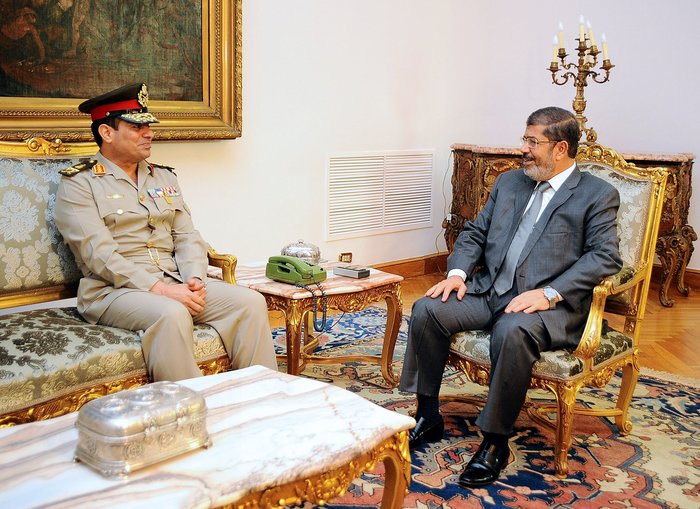
There was a taste lost between bitterness, anger and shock last Thursday when the news about the attempt to assassinate the Minister of Interior was out.
I don’t know how many of you lived in Egypt in the early 90s, but there was a time that I most clearly remember where such acts of terror were a common happening that we simply had to cope with. I clearly remember being a frustrated 11-year-old in the early 90s because one family holiday after the other kept getting cancelled since my father was a journalist who could not take time off work in such a contentious time. Terrorism back then was something that you could clearly see manifest in your own personal life no matter how old you were.
But remembering the terrorism of the early 90s does not stop at recalling those family holidays that never happened or those frequent deaths that screamed out of every newspaper at the time. We need to remember the whole package of the 90s, bombs are only a beginning, and death is a step along a very long path.
We need to remember the thinking errors, the generalisations, the false stereotypes we created, the biased media, the politicised religion, the state’s abuse of political opportunity, the lawless police work and the fabricated sense of conspiracy. The point is, knowing that if we keep doing what we’ve always done we’ll keep getting what we’ve always gotten.
In other words, what happened in the early 90s was not by any means a successful counterterrorism strategy. The rate of terrorism acts might have been reduced as a result of the different political, social and security strategies implemented by Mubarak’s regime. Mubarak’s men always took pride in their patriotic stand against terrorism. Whether this is true or not is a question that I have read dissertations about, but the undisputed truth is the high cost everyone had to pay as a result of Mubarak’s counterterrorism strategies.
The most basic consequence of the state’s counterterrorism discourse was of course the readymade excuse to renew the state of emergency, which the police and all other security institutions in Egypt started taking for granted. Those strategies and the very high ceilings they allowed the police and other security forces have definitely majorly shaped the brutal and violent police force that we have lived under for the past 20 years.
Then we had to deal with generalisation, with the most common thinking error we make; judgmental stereotyping. All Islamists became suspects and potential threats, while all policemen became sadistic violent perverts (even if lots of them are, that still doesn’t make them all perverts for sure).
In other words, the state managed to confront the terrorism threat of the early 90s, but on the expense of individual freedom, personal liberties, social and religious tolerance and citizenship rights. Since we are pretty much doing what we used to do and using the very same strategies that we used, it is very likely that we will end up paying the very same cost we paid before.
The stage is set and ready to launch this new national counterterrorism project based on some simple facts: the army is always right, the Islamists are always guilty and those who criticise the army are traitors who sold out their patriotism to foreign dollars.
Don’t be surprised when individual rights and personal freedoms are cracked down upon in the name of national security. Don’t be confused when our perceptions are mixed with those extremist stereotypes. As long as we choose the short, lawless road, as long as we crack down on difference rather than understanding it, as long as we remain prisoners of rigid thought and selfish leadership and as long as we allow our own minds to be shaped by boards and bureaus, as long as all that keeps happening, we will lose individuality day by day and move further from what we truly chanted on the streets.




